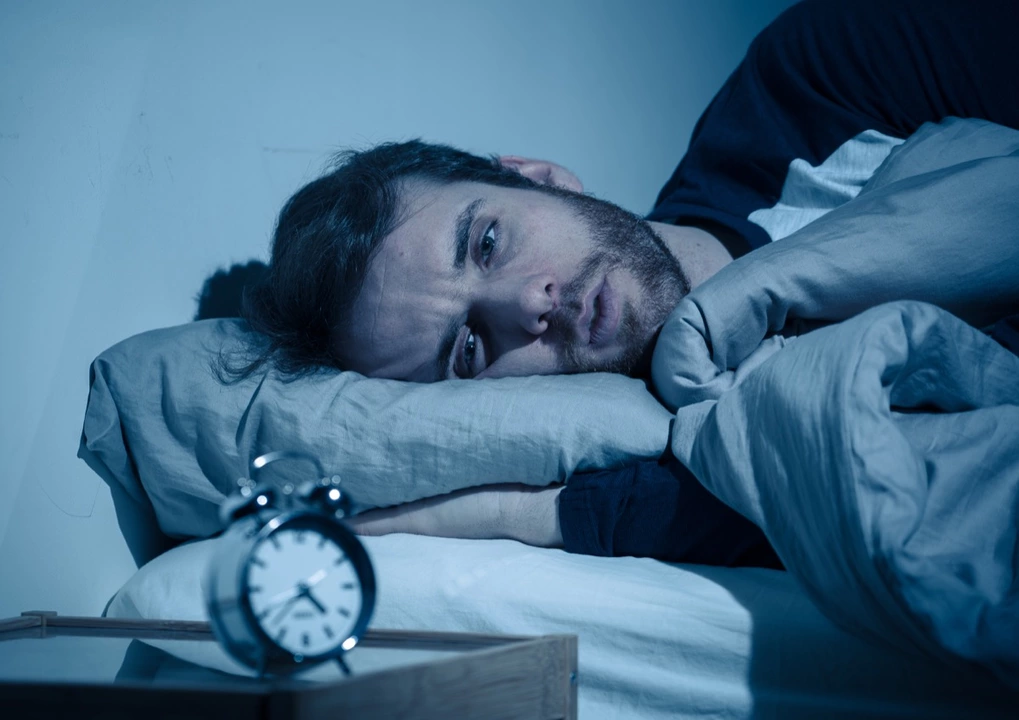Sleepiness: Causes, Tips & Simple Tricks to Stay Awake
Ever wonder why that mid‑day slump hits right after lunch? It’s not magic – it’s a mix of biology, habits, and sometimes the meds you take. Understanding what drives sleepiness lets you fight it before it ruins your day.
Why Do You Feel Sleepy?
The brain has an internal clock called the circadian rhythm. When it tells you it’s night, melatonin rises and you start to feel drowsy. Pulling all‑night shifts or binge‑watching disrupts that clock, making you crash earlier.
Food matters too. Heavy carbs cause a quick insulin spike, which can push tryptophan into the brain and boost serotonin – that sleepy hormone combo. A sugary snack can give a burst of energy, but the dip that follows often feels like a fog.
Some prescription or over‑the‑counter drugs list “drowsiness” as a side effect. For example, certain antihistamines, pain relievers, and even some anxiety supplements (like valerian) can make you feel groggy. If you notice you’re nodding off after taking a new pill, check the label – it might be the culprit.
Practical Ways to Beat Drowsiness
First, move your body. A five‑minute walk or a few stretches jump‑starts blood flow and tells the brain you’re still active. Even standing up for a minute while you’re on a call can help.
Stay hydrated. Dehydration slows circulation and can make fatigue worse. Keep a water bottle at your desk and sip regularly – aim for at least eight cups a day.
If caffeine is your go‑to, use it wisely. One cup of coffee in the early afternoon can lift you, but drinking later than 3 pm may mess up nighttime sleep, creating a vicious cycle.
Light exposure matters. Open blinds or step outside for natural sunlight; bright light signals the brain to stay alert. If natural light isn’t an option, a desk lamp with cool‑white LEDs works too.
When you suspect medication is making you sleepy, talk to your pharmacist or doctor. Sometimes switching to a non‑sedating version (like loratadine instead of diphenhydramine) solves the problem without losing therapeutic benefit.
Finally, short power naps can be a game changer. Set an alarm for 10‑20 minutes, lie down in a quiet spot, and let your brain reset. Longer naps risk entering deep sleep, leaving you groggier than before.
By spotting the triggers – whether it’s a heavy meal, lack of light, or a sleepy pill – and using these quick fixes, you can keep drowsiness at bay and stay productive all day long.

